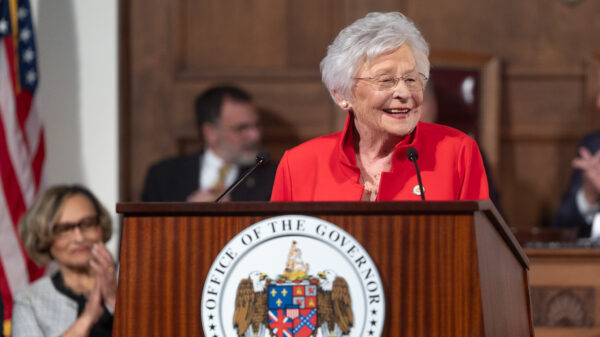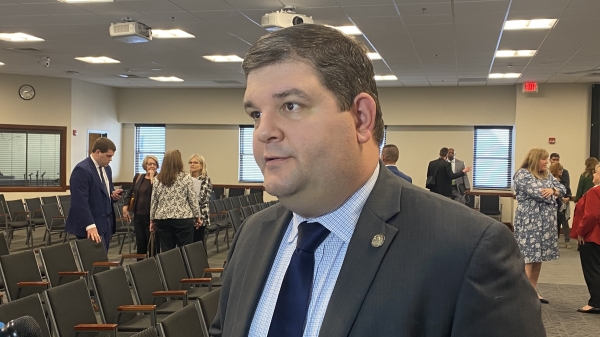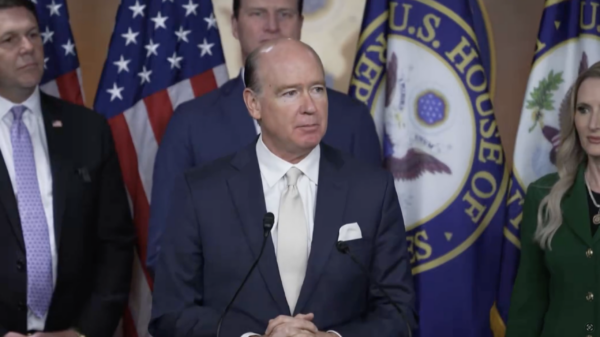By Bill Britt
Alabama Political Reporter
MONTGOMERY—A recent study by the Colorado Hospital Association (CHA) found that states that expanded Medicaid under the Affordable Care Act, saw a 30 percent decrease in uncompensated care.
“Uncompensated care is the total amount of health care services… provided to patients who are either unable or unwilling to pay. Uncompensated care includes both charity care and bad debt,” according to Apprise Health Insight.
Glenn Sisk, CEO of Coosa Valley Medical Center says, that would translate to a $600,000,000 reduction in uncompensated care for the 248-bed facility, he oversees in Sylacauga. “If that happened here, we could reinvest that money into our organization, creating resources that unfortunately we do not have right now,” said Sisk.
Coosa Valley Medical Center is a state-of-the-art healthcare facility, but Sisk knows they could provide more and better services if it were not for the losses incurred from providing uncompensated care.
Uncompensated care, which includes charity as well as bad debt, affects everyone. Eventually, that care must be paid by someone. Healthcare facilities use what is referred to as “cost shift,” which means the cost of care is typically passed on to those with insurance or increasing the cost of care.
The CHA study collected “monthly reported financial and volume data for hospitals across the country in DATABANK.” The data was gathered from an analysis of 465 hospitals from 30 different states, 15 which expanded Medicaid and 15 that did not.
According to CHA’s findings, hospitals in expansion states recorded a significant decline in self-pay and charity care. This occurred in parallel with the growth in numbers of Medicaid beneficiaries. showing that previously uninsured patients were now being covered under the expanded Medicaid program.
“We have a public health issue in this State that could be, not totally averted, but likely would be remedied with the expansion of Medicaid,” said Sick, “We have 350,000 Alabamians who today have no level of insurance, who would qualify for Medicaid, were expansion to occur.”
But expansion of Medicaid is opposed by many in the State’s Republican Supermajority because of an ideological difference with the Obama Administration.
“So, what that tells us, I think, is that while we’ve taken the position—that it seems to be somewhat in vogue to fight the ACA—the majority of Alabamians believe that Medicaid expansion is good…on a number of levels,” Sisk said.
Sisk says that in many communities in the state 7 to 12 percent of the total care delivered falls in the uncompensated care category. “Those numbers can be staggering when you think about the volume of care that is delivered throughout the State.
In summary, the CHA study showed an increase of hospitals receiving Medicaid patients, and a substantial decrease in uncompensated care patients, showing millions in saving for health care providers.
“It is disappointing that we’ve made the decision not to pursue expansion,” said Sisk. “This is certainly something that I would hope that an Alabama-driven solution would remedy in the near future.”




















































